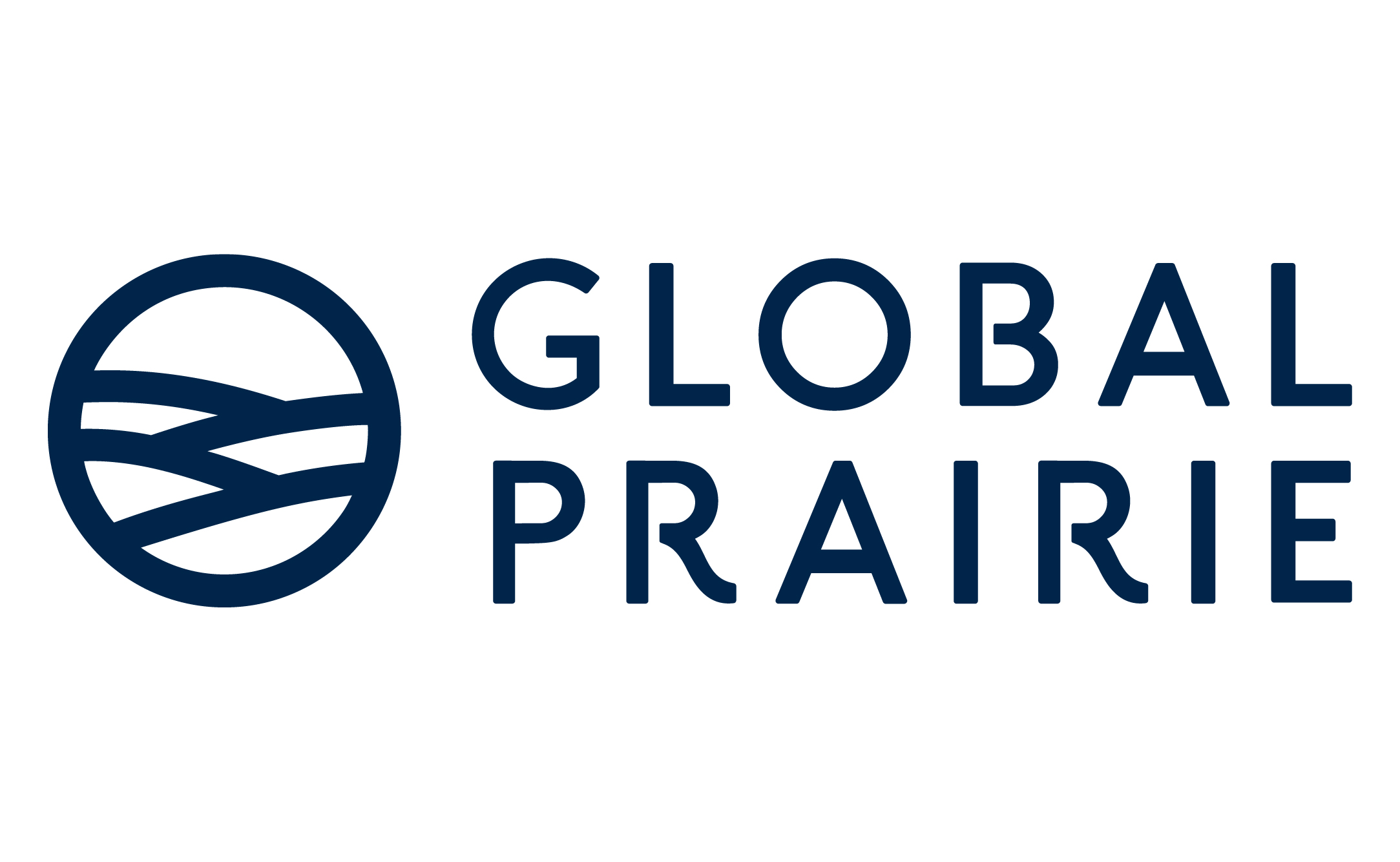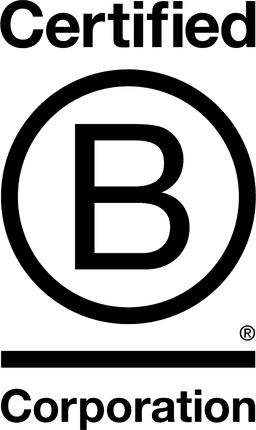

Global Prairie

Missouri, United States
March 2015
Advertising & market research
Service with Minor Environmental Footprint
Belgium,
Germany,
Spain,
United States
lobal Prairie is a purpose-driven global marketing firm founded on the belief that business should be a force for good in the world. Driving measurable, impactful results for organizations committed to making the world a better place is not simply the work Global Prairie does for its clients – it is the bedrock principle on which the company is built. As a Public Benefit Corporation, a top-scoring Certified B Corp, Certified Women Owned, and 100% Employee Owned, Global Prairie meets rigorous standards of social and environmental performance. Global Prairie’s expertise runs deepest in Healthcare, Government, Agriculture and Food, Sustainability, Energy, Education, & Philanthropic Organizations. We’re passionate about driving breakthrough business results for organizations that make the world a better place. Every year, Global Prairie is proud to give 10% of our profits annually to our communities, & each team member is given nearly three weeks of paid volunteer time off. We boast a unique infant-at-work policy, award-winning benefits & a team of truly inspiring individuals.
Overall B Impact Score
Governance 24.3
Governance evaluates a company's overall mission, engagement around its social/environmental impact, ethics, and transparency. This section also evaluates the ability of a company to protect their mission and formally consider stakeholders in decision making through their corporate structure (e.g. benefit corporation) or corporate governing documents.
What is this? A company with an Impact Business Model is intentionally designed to create a specific positive outcome for one of its stakeholders - such as workers, community, environment, or customers.
Workers 71.6
Workers evaluates a company’s contributions to its employees’ financial security, health & safety, wellness, career development, and engagement & satisfaction. In addition, this section recognizes business models designed to benefit workers, such as companies that are at least 40% owned by non-executive employees and those that have workforce development programs to support individuals with barriers to employment.
What is this? A company with an Impact Business Model is intentionally designed to create a specific positive outcome for one of its stakeholders - such as workers, community, environment, or customers.
Community 48.3
Community evaluates a company’s engagement with and impact on the communities in which it operates, hires from, and sources from. Topics include diversity, equity & inclusion, economic impact, civic engagement, charitable giving, and supply chain management. In addition, this section recognizes business models that are designed to address specific community-oriented problems, such as poverty alleviation through fair trade sourcing or distribution via microenterprises, producer cooperative models, locally focused economic development, and formal charitable giving commitments.
What is this? A company with an Impact Business Model is intentionally designed to create a specific positive outcome for one of its stakeholders - such as workers, community, environment, or customers.
Environment 16.1
Environment evaluates a company’s overall environmental management practices as well as its impact on the air, climate, water, land, and biodiversity. This includes the direct impact of a company’s operations and, when applicable its supply chain and distribution channels. This section also recognizes companies with environmentally innovative production processes and those that sell products or services that have a positive environmental impact. Some examples might include products and services that create renewable energy, reduce consumption or waste, conserve land or wildlife, provide less toxic alternatives to the market, or educate people about environmental problems.
Customers 32.4
Customers evaluates a company’s stewardship of its customers through the quality of its products and services, ethical marketing, data privacy and security, and feedback channels. In addition, this section recognizes products or services that are designed to address a particular social problem for or through its customers, such as health or educational products, arts & media products, serving underserved customers/clients, and services that improve the social impact of other businesses or organizations.
What is this? A company with an Impact Business Model is intentionally designed to create a specific positive outcome for one of its stakeholders - such as workers, community, environment, or customers.